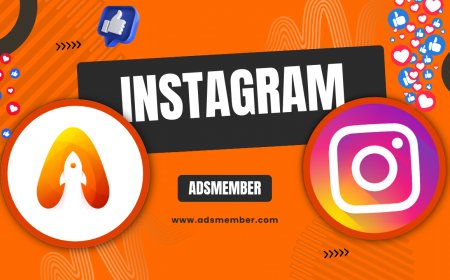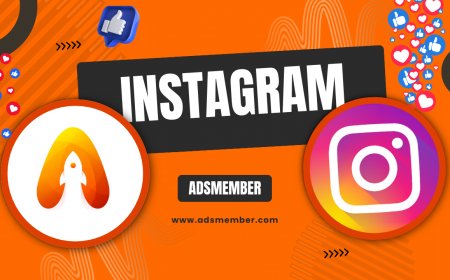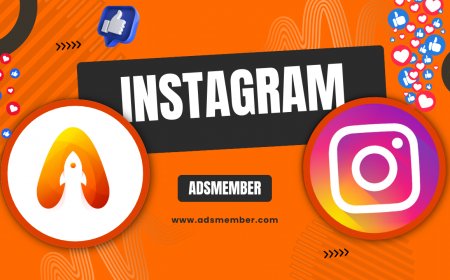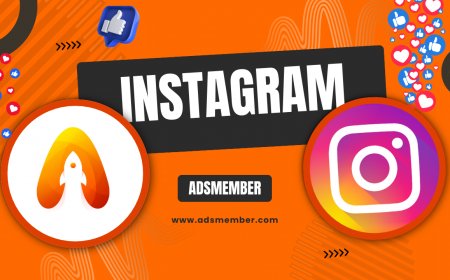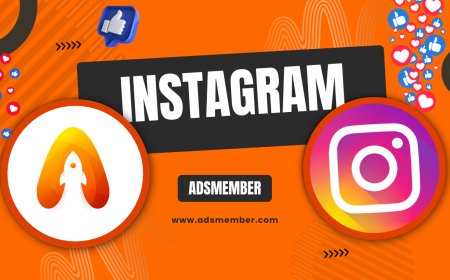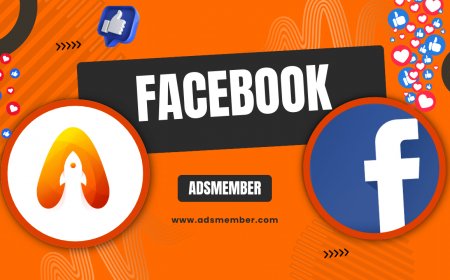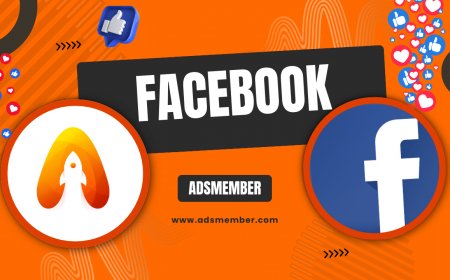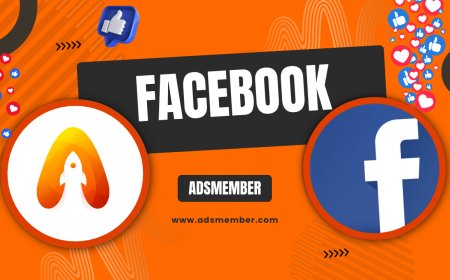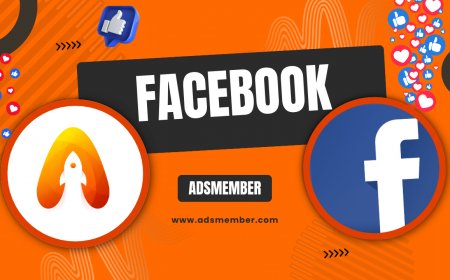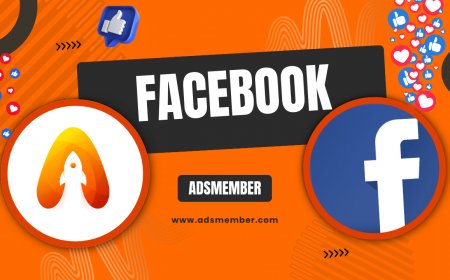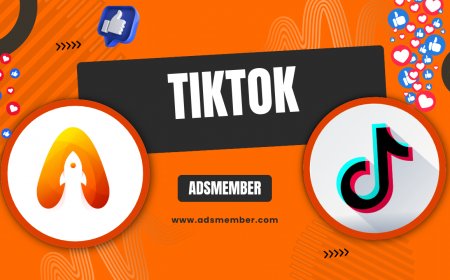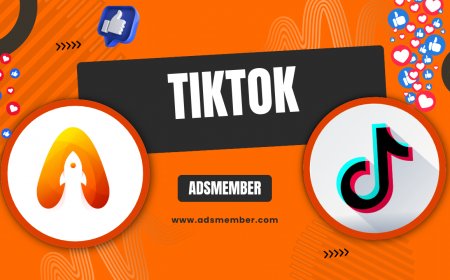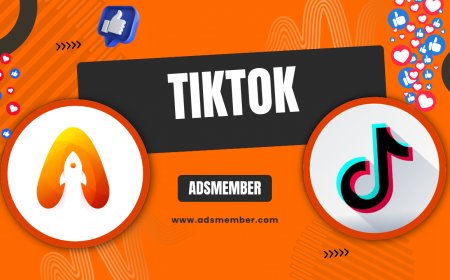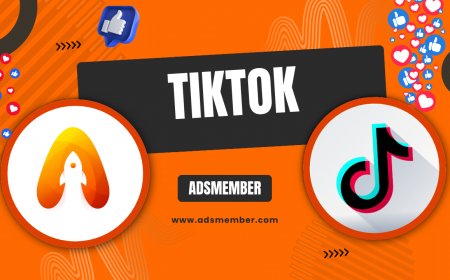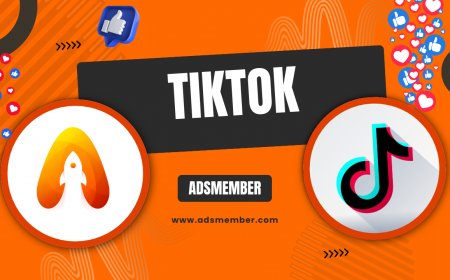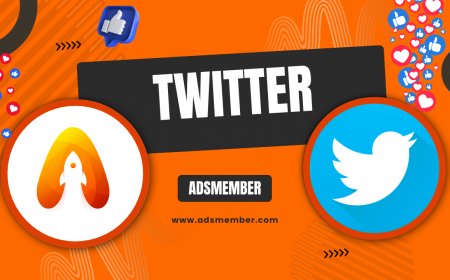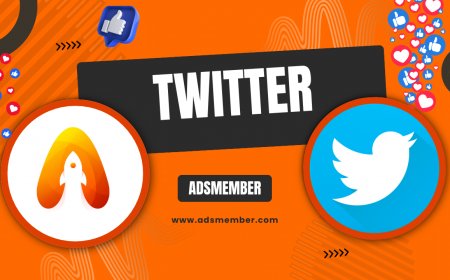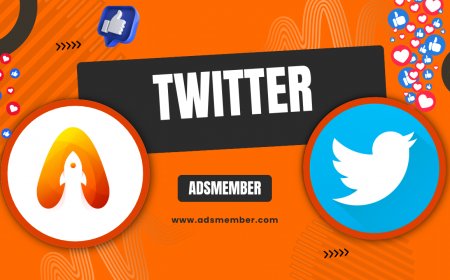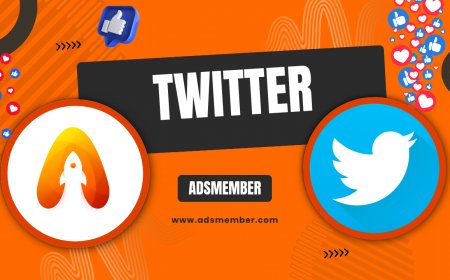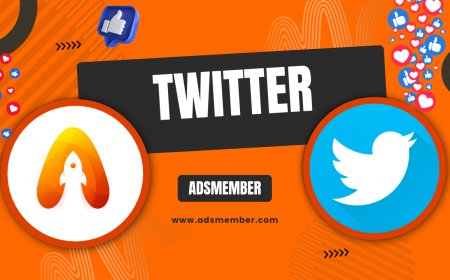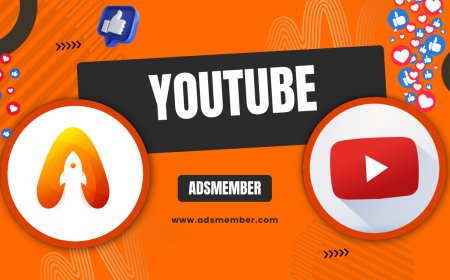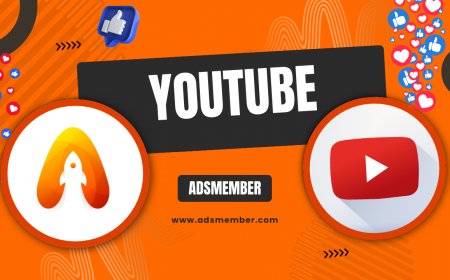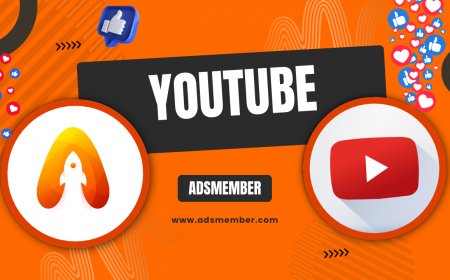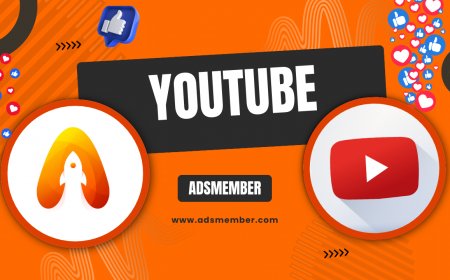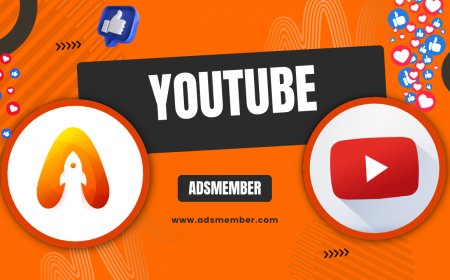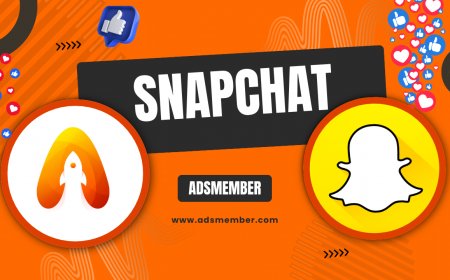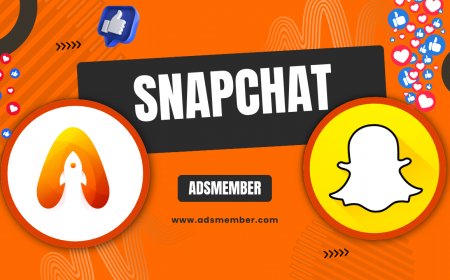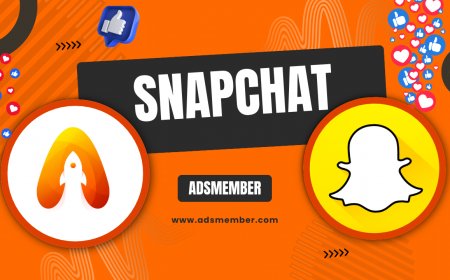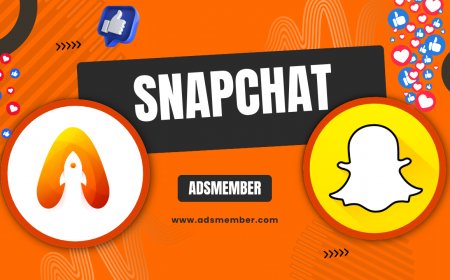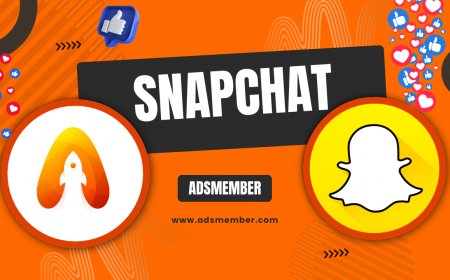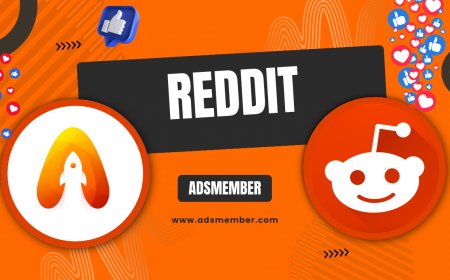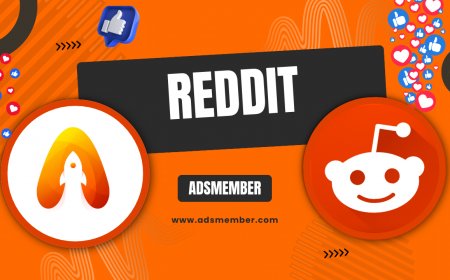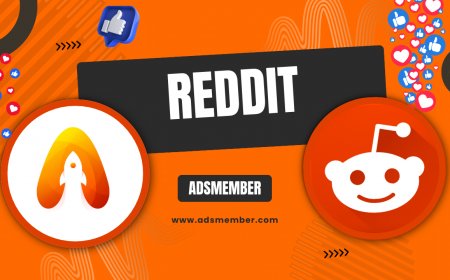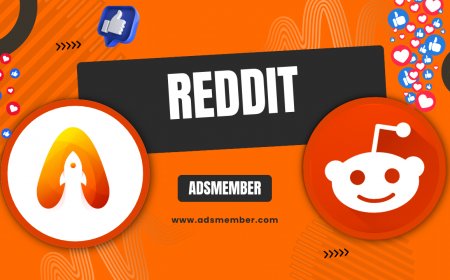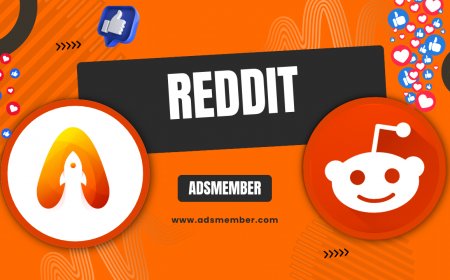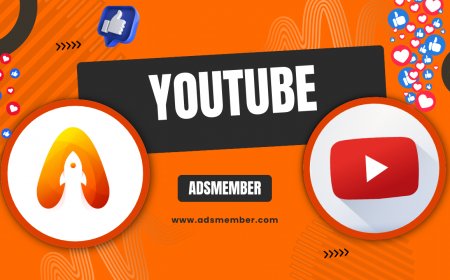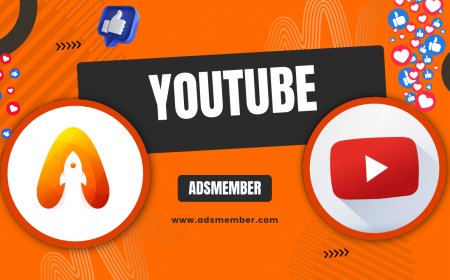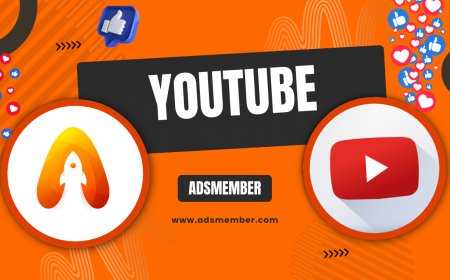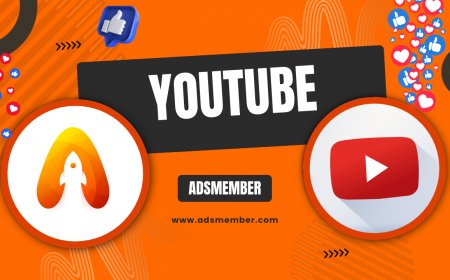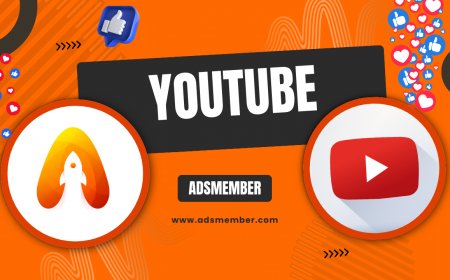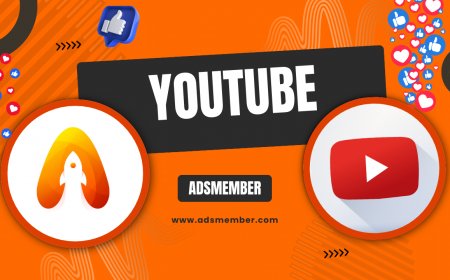How Old Is YouTube? A Deep Dive into Its History
Curious about how old YouTube is? Discover its founding story, key milestones, and growth journey from 2005 to today in this detailed exploration.
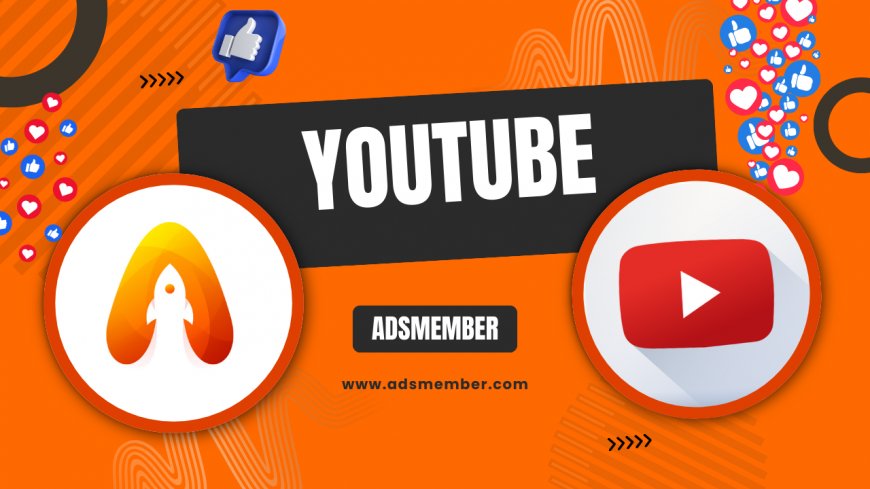
Ever wondered, 'How old is YouTube?' Honestly, it feels like this video giant has been around forever, shaping how we consume content. Launched on February 14, 2005, YouTube is over 18 years old as of 2023. Founded by Steve Chen, Chad Hurley, and Jawed Karim, it started as a simple idea to share videos online. Today, it’s a cultural powerhouse with billions of users. In this piece, I’ll take you through its incredible journey, from a garage startup to a Google-owned behemoth. Let’s dive into the milestones, stats, and some unique insights you won’t find elsewhere.
The Birth of YouTube: When It All Began
YouTube’s story kicks off in 2005, a time when online video sharing was barely a concept. The trio behind it met while working at PayPal and saw a gap in the market for easy video uploads. On Valentine’s Day, they registered the domain youtube.com. Fun fact: the first video, 'Me at the zoo,' was uploaded by Jawed Karim on April 23, 2005. It’s just 18 seconds long but marks the start of something revolutionary. In my opinion, this scrappy beginning is what makes YouTube’s rise so inspiring.
Why 2005 Was the Perfect Time
The mid-2000s were ripe for YouTube’s launch. Internet speeds were improving, and digital cameras were becoming affordable. People craved a platform to share personal moments without tech barriers. YouTube’s simple interface—upload, watch, comment—hit the sweet spot. I remember those early days; it felt like magic seeing random clips go viral overnight. This timing, paired with user-driven content, set YouTube apart from clunky competitors like Vimeo or early Google Video.
Key Milestones in YouTube’s Age
YouTube didn’t just grow; it exploded. Let’s walk through some defining moments that shaped its 18-year history. From acquisitions to user stats, these milestones show why it’s still king of video content. I’ve dug into official data and personal observations to highlight what matters most.
2006: Google Acquisition
In October 2006, just a year after launch, Google bought YouTube for $1.65 billion. At the time, this seemed insane for a platform with little revenue. But Google saw the future of online video. This deal gave YouTube the resources to scale, improve servers, and handle copyright issues. Honestly, without this, I doubt YouTube would’ve survived the legal battles over pirated content in its early days.
2010s: Rise of Creators and Monetization
By the 2010s, YouTube wasn’t just a hobby platform—it became a career. The Partner Program, launched in 2007 and expanded later, let creators earn from ads. Stars like PewDiePie and Jenna Marbles emerged, proving you could make millions. According to Statista, by 2021, YouTube had over 2 billion monthly users (Statista). That’s insane growth from a niche site to a global stage.
How YouTube’s Age Compares to Other Platforms
At 18 years old, YouTube is a veteran in the social media game. Let’s see how it stacks up against others. I’ve put together a comparison table using data from official sources to give you a clear picture. In my view, its longevity is a testament to constant innovation.
| Platform | Launch Year | Age (as of 2023) | Monthly Users (2023, Approx.) |
|---|---|---|---|
| YouTube | 2005 | 18 years | 2.5 billion |
| 2004 | 19 years | 3 billion | |
| 2010 | 13 years | 2 billion | |
| TikTok | 2016 | 7 years | 1.5 billion |
Source: Statista and platform reports, 2023
Pros and Cons of YouTube’s Longevity
YouTube’s age brings both strengths and challenges. Here’s a quick breakdown based on my analysis and years of watching the platform evolve.
- Pros: Massive user base, trusted brand, endless content variety, robust monetization for creators, and constant feature updates like Shorts.
- Cons: Oversaturation of content, stricter policies that frustrate creators, competition from TikTok, and occasional algorithm backlash from users.
Unique Tip: Digging into YouTube’s Early Content
Here’s a tip you won’t find everywhere: explore YouTube’s earliest uploads for inspiration or nostalgia. Use the search filter to sort by 'Upload Date' and set it to pre-2010. You’ll uncover raw, unpolished gems that show how far content creation has come. I’ve spent hours watching these—some are hilariously bad, but others reveal early viral trends. If you’re a creator, study these to understand what hooked audiences back then. It’s like a free masterclass in organic growth. Check out more creator hacks on YouTube Growth Tips.
How Old Is YouTube Compared to Its Impact?
At 18, YouTube isn’t just old—it’s transformative. It’s shaped careers, education, and even politics. Think about it: over 500 hours of video are uploaded every minute (per YouTube’s official blog). That’s mind-blowing. In my opinion, its age reflects maturity, not obsolescence. While newer platforms like TikTok grab headlines, YouTube’s depth keeps it relevant. I’ve seen firsthand how it adapts, from live streaming to Shorts, ensuring it doesn’t feel 'old' despite its years.
FAQ: How Old Is YouTube Exactly?
YouTube was founded on February 14, 2005, making it 18 years old as of 2023. That’s almost two decades of video-sharing history! It started with a simple idea and grew into a platform with over 2.5 billion users. If you’re curious about specific milestones, check YouTube’s official blog for detailed timelines (YouTube Blog).
FAQ: Who Founded YouTube and Why?
YouTube was founded by Steve Chen, Chad Hurley, and Jawed Karim in 2005. They wanted a platform to share videos easily after struggling to upload clips from a party. Their frustration birthed a solution that changed the internet. I find their story relatable—sometimes, the best ideas come from solving personal pain points.
FAQ: Has YouTube’s Purpose Changed Over Its Age?
Absolutely. Initially, YouTube was about personal video sharing. Over 18 years, it evolved into a hub for creators, brands, education, and even news. Features like monetization and live streaming reflect this shift. Honestly, I think this adaptability is why it’s still thriving despite its age.
What's Your Reaction?
 Like
0
Like
0
 Dislike
0
Dislike
0
 Love
0
Love
0
 Funny
0
Funny
0
 Angry
0
Angry
0
 Sad
0
Sad
0
 Wow
0
Wow
0
